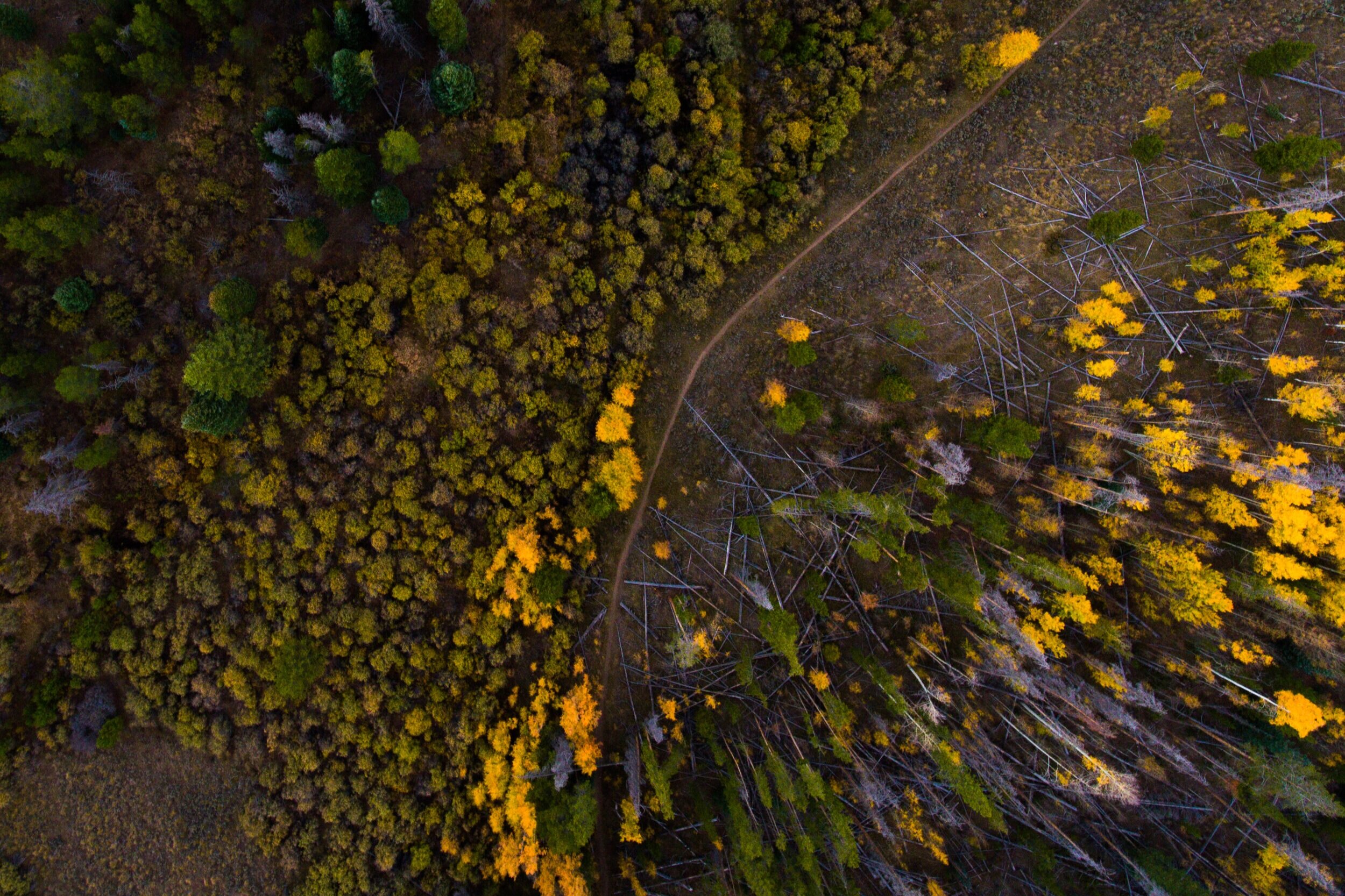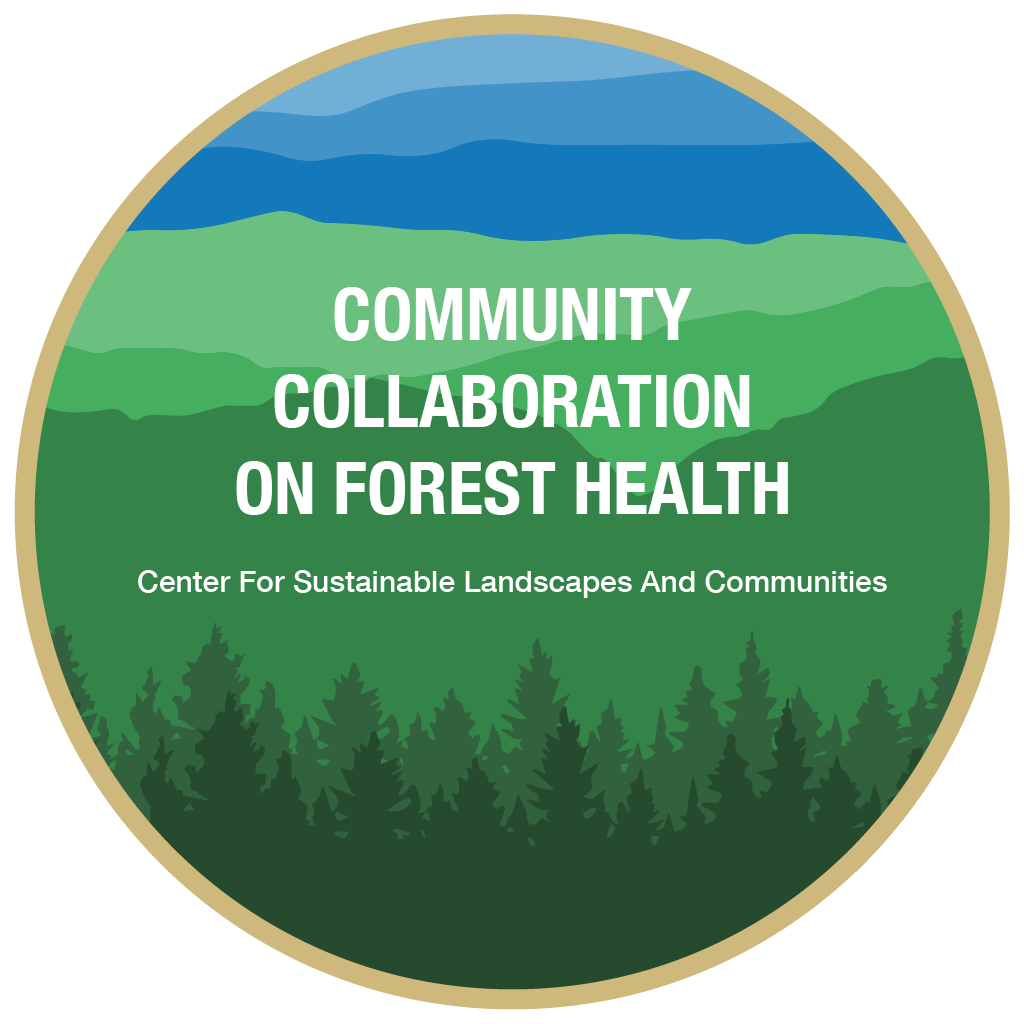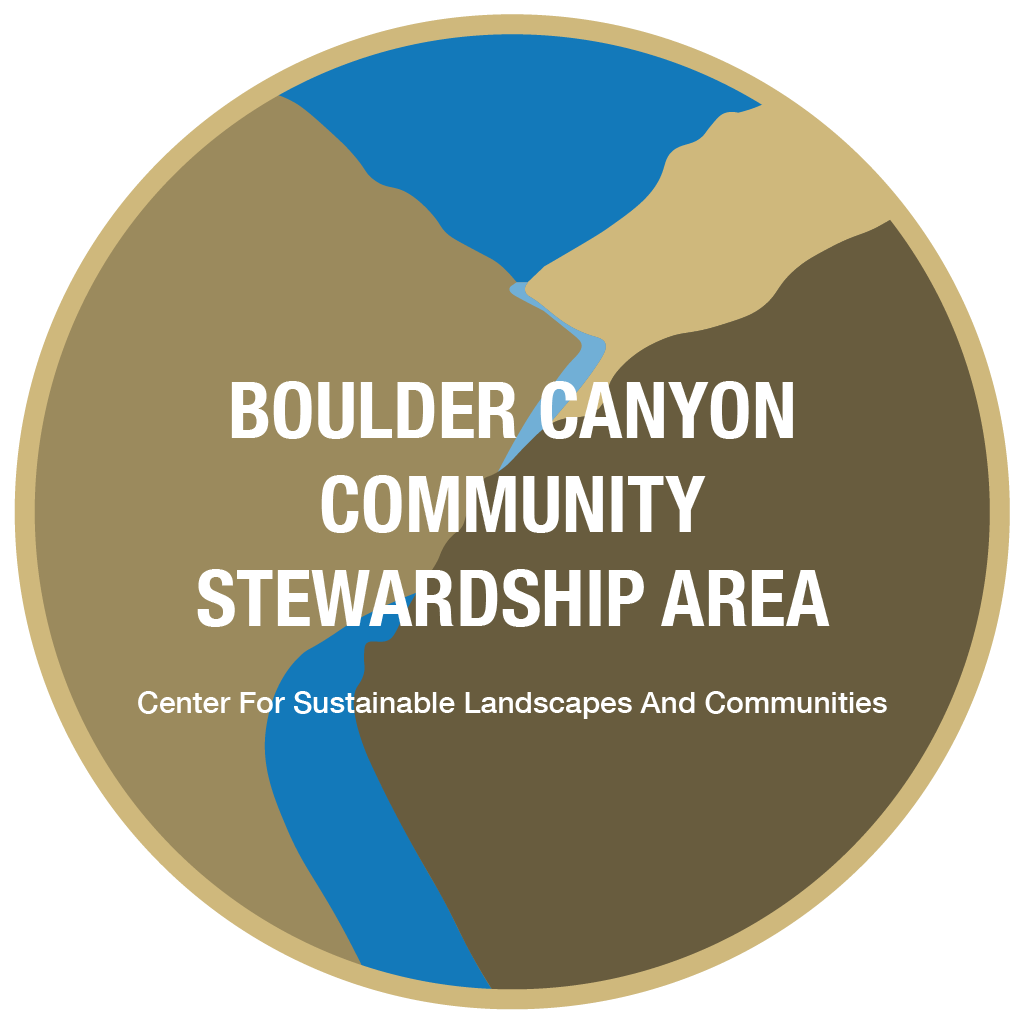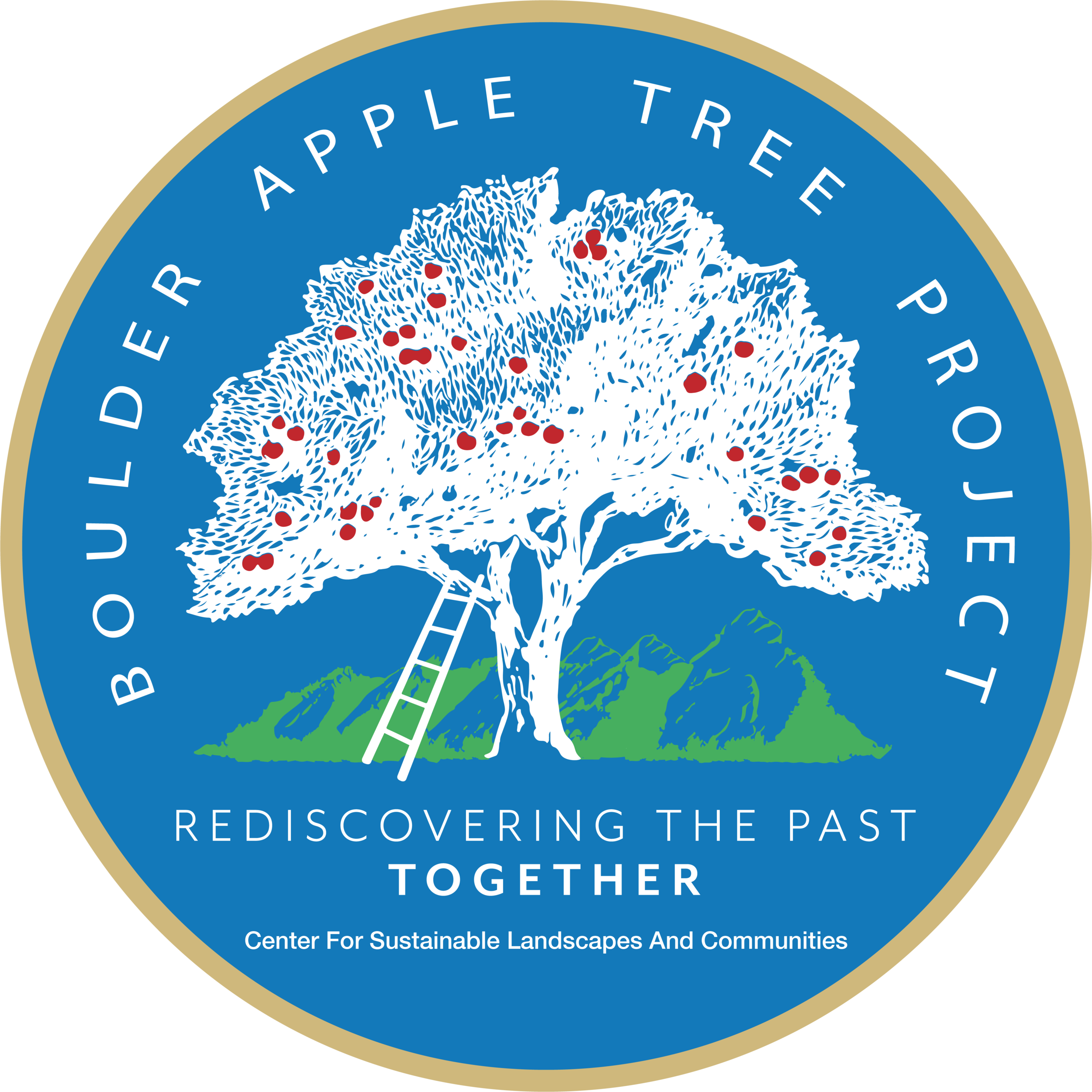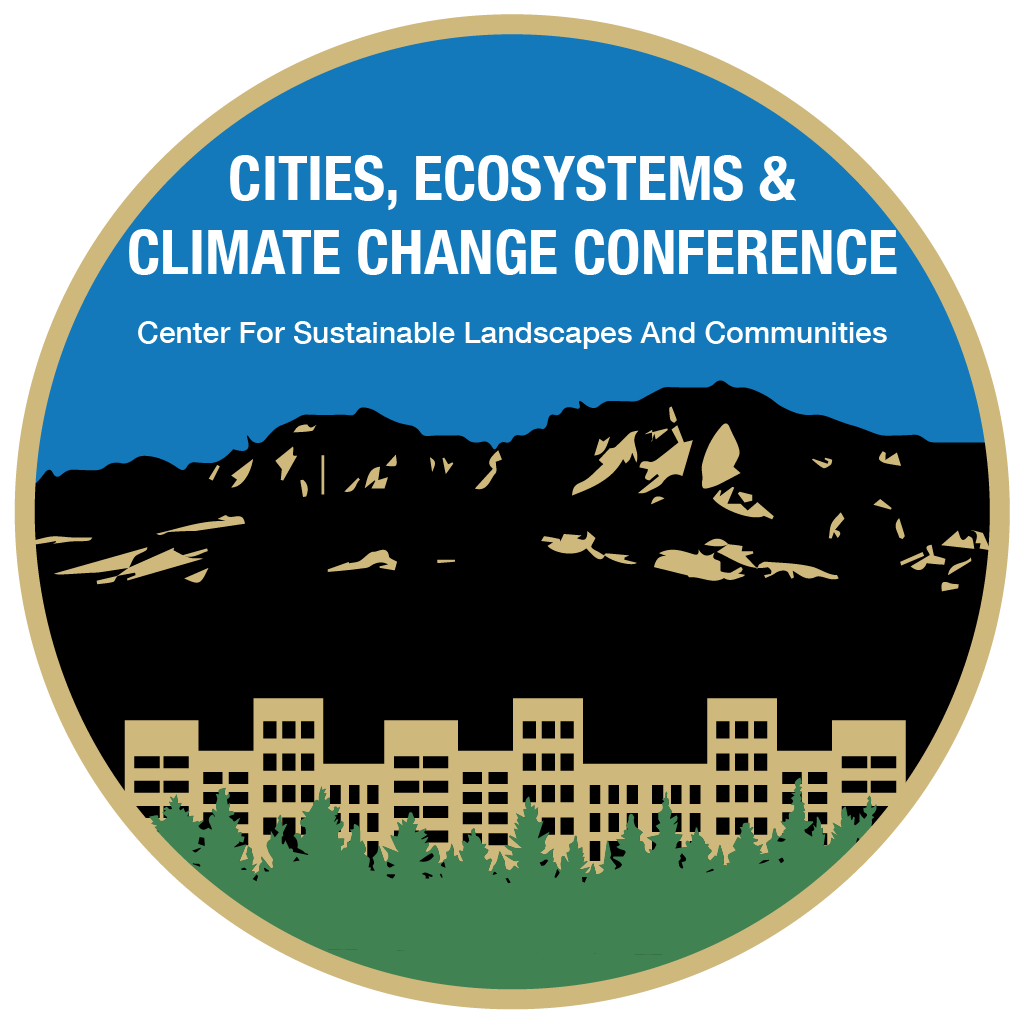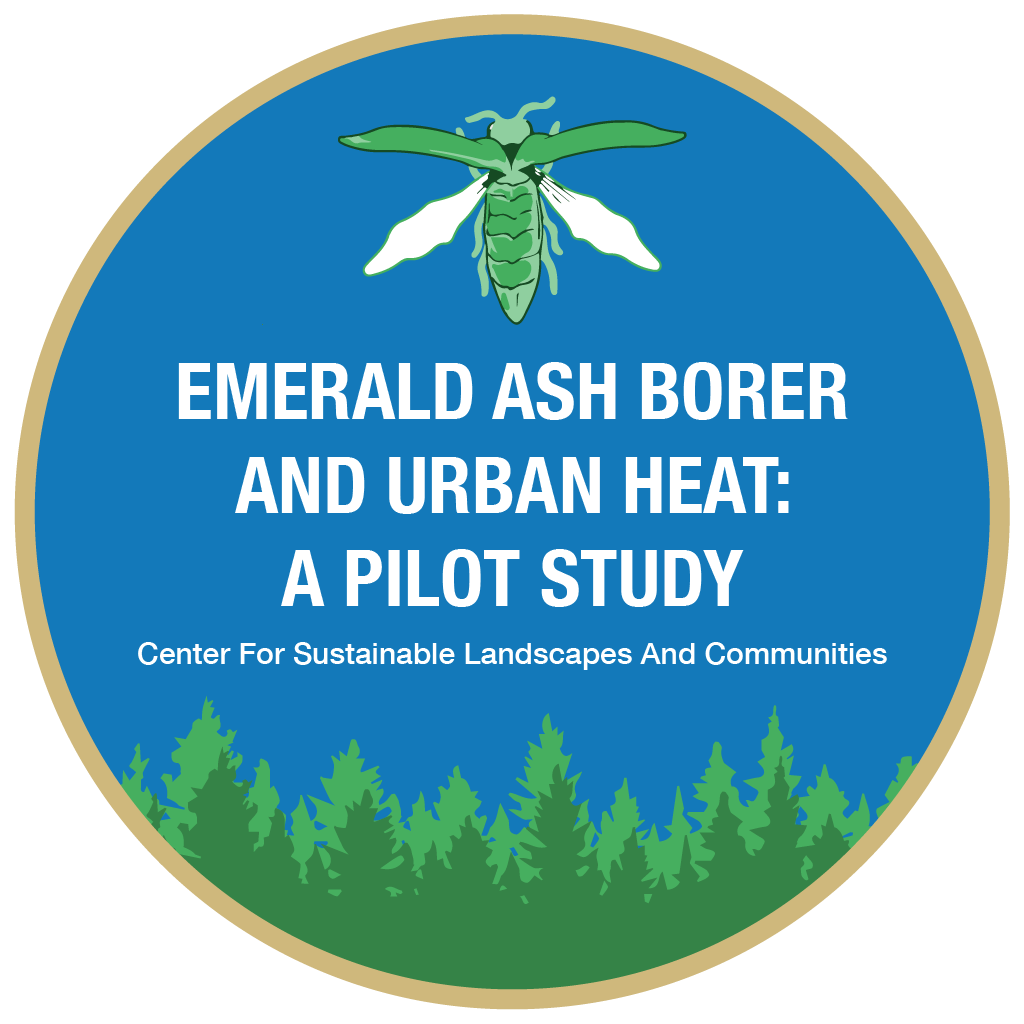Community Collaboration on Forest Health
The forests in and around Boulder have become incredibly dense, due in part to 120 years of fire suppression policies. Those policies, combined with insect outbreaks, warming temperatures, and drought, the risk of dangerous wildfires is higher than ever. In addition to damaging our communities, large-scale wildfires disrupt water supplies and displace native plants and wildlife. To address these issues, Boulder city and county land managers have undertaken forest thinning and controlled burns to restore forest health in the Front Range. At times, these projects have provoked concern from residents, property owners, trail users and the general public; thus, dialogue and collaboration are critically important to the management of our local forests.
After decades of fire suppression, dead wood and live tree densities have built up in the forest, creating more fuel for future fires. Combined with insect outbreaks, warming temperatures, and drought, the risk of large wildfires is now very high in and around Boulder. Photo: Nathan Anderson / Unsplash
Large-scale wildfires have severely burned hundreds of thousands of acres in the Front Range since 1996. In addition to damaging our communities, such fires disrupt water supplies and displace native plants and wildlife. Photo: Marcus Kauffman / Unsplash
A collaboration to bring the community and land managers together to explore and discuss fire health and management in Boulder.
Local land management agencies are committed to strengthening community collaboration, and are always looking for new ways to engage the public and co-create knowledge about the environmental and economic issue of wildfires. The Center for Sustainable Landscapes & Communities has launched a collaborative project to enable faculty, staff, students, and residents to work together with Boulder County Parks and Open Space and Boulder City Open Space and Mountain Parks.
Our objectives are as follows:
Develop connections among community members, local government agency staff, and CU Boulder faculty, staff and students;
Provide participants with opportunities to learn about and discuss forest ecology, forestry practices, forest management, and exemplary community-based projects designed to restore forest health and reduce fire risk;
Promote constructive dialogue among diverse stakeholders; and
Collect baseline data on participants’ initial perspectives and understandings of forest ecology, forest management, and wildfire risk to inform a multi-year collaborative learning and research project planned for 2019 and beyond.
This project is supported by the CU Boulder Office for Outreach and Engagement
